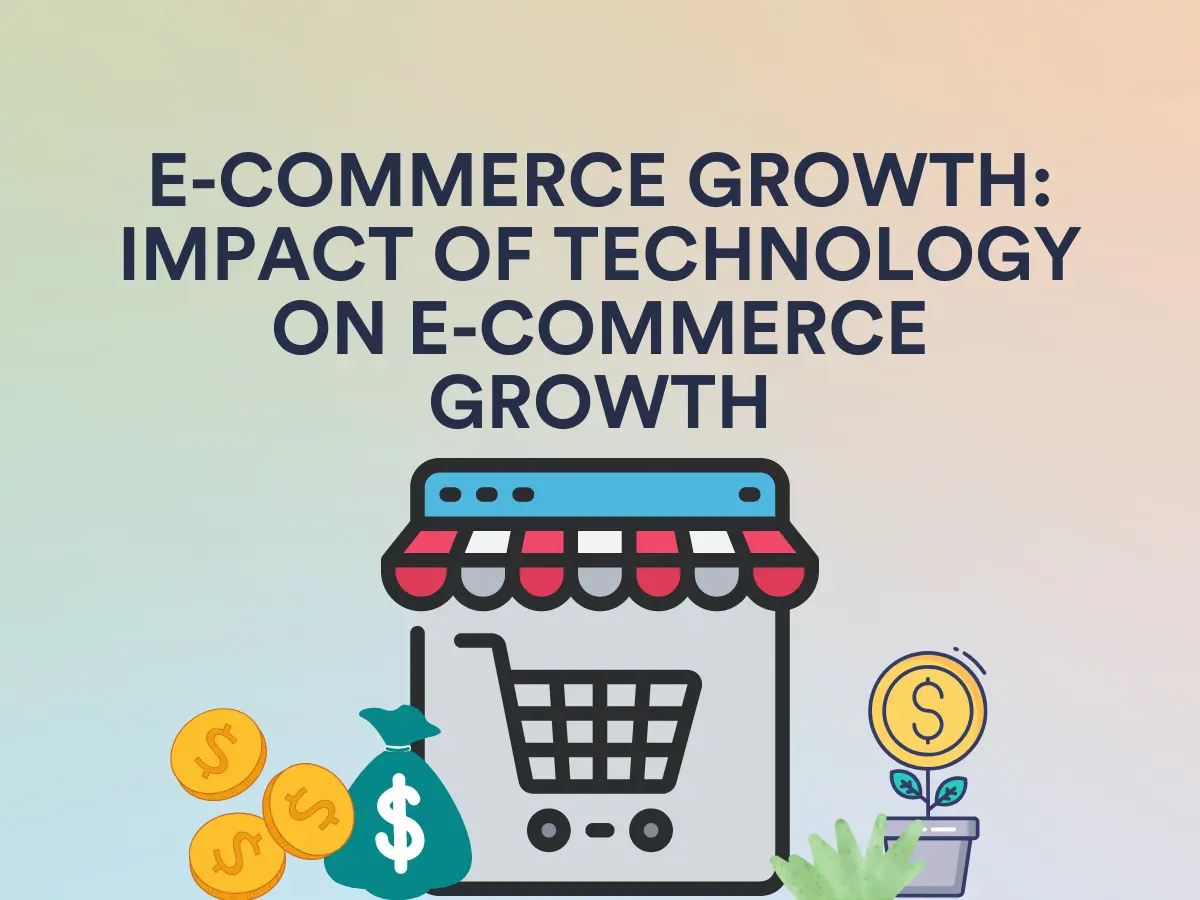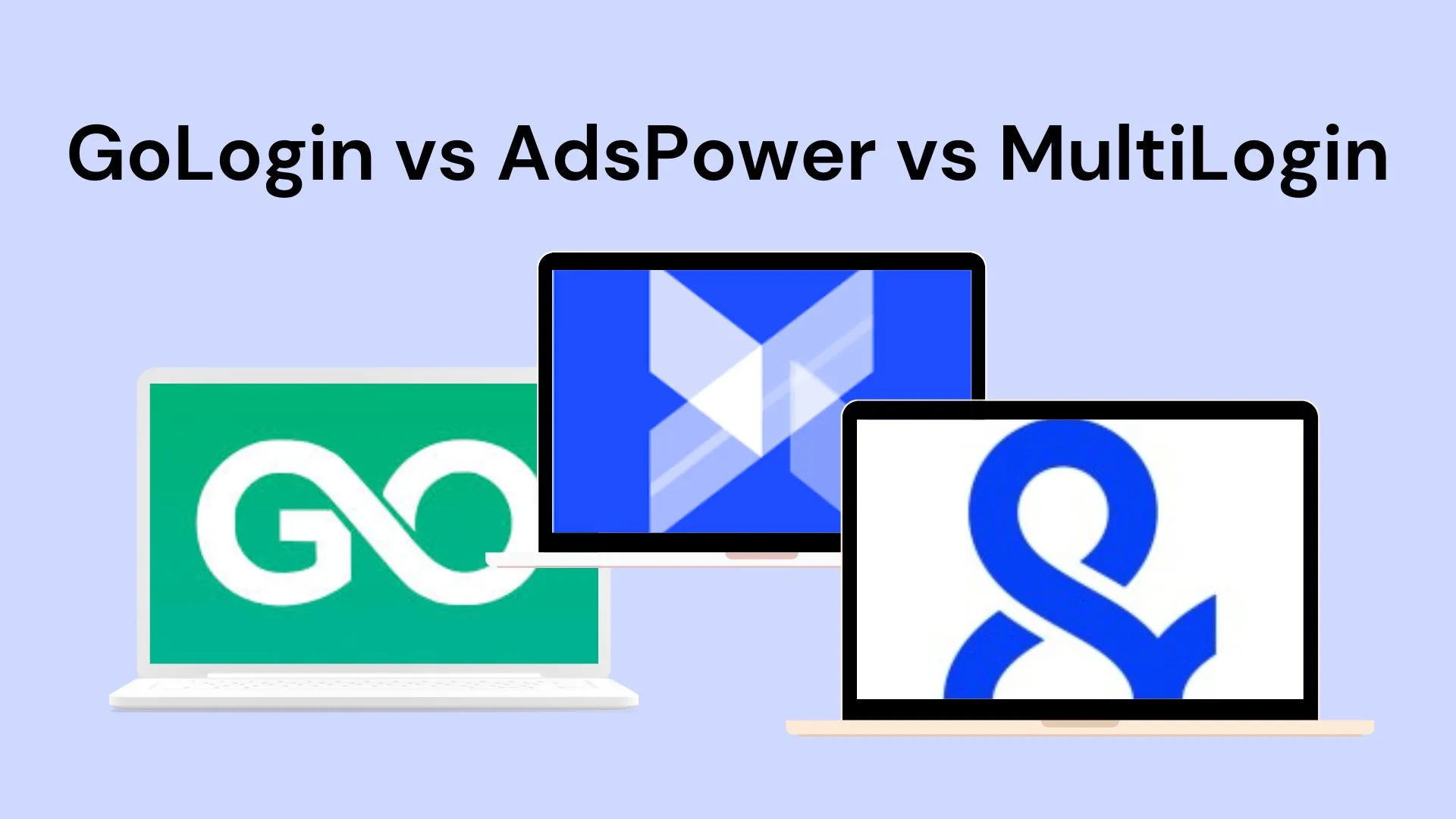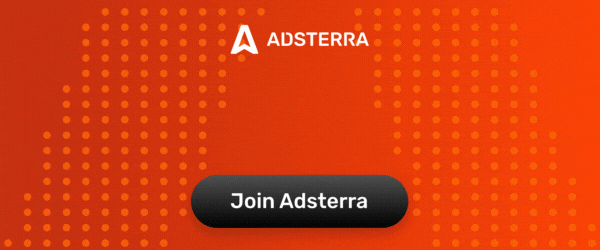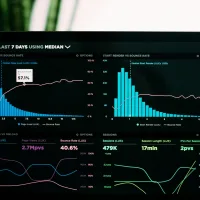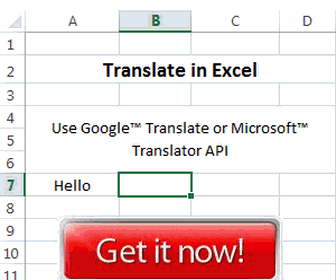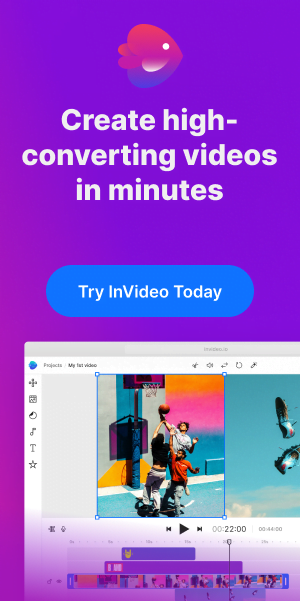What is freelancing? Great question!
If you find yourself contemplating a shift from your traditional full-time tech job or looking to venture into the world of tech freelancing while still in school, you’ve come to the right place.
The world of freelancing is incredibly diverse, and you can find opportunities in a wide range of fields, including web development, graphic design, writing, eCommerce marketing, and much more.
Whether you have a specific tech skill set or you’re just starting to explore your talents, freelancing can be a viable option.
Freelancing essentially involves offering your skills, expertise, and services to clients on a project basis, rather than being employed by a single company. It’s a flexible way to work, allowing you to choose your projects, clients, and schedule.
This independence can be empowering, but it also comes with its own set of challenges. As a newbie, you might be wondering where to start and how to make the most of this freelancing journey.
In this blog, we will look at what is freelancing, how it works, and how you can get started as a newbie. Let’s get to it!
What is Freelancing and How Does It Work?
Freelancing is a work arrangement in which individuals offer their services, skills, or expertise to clients or businesses on a project-by-project basis, without being bound to a long-term employment contract.
It is a flexible and self-driven way of working that has gained popularity in recent years, enabling people to take more control of their careers and work on projects that align with their skills and interests.
Key Aspects of Freelancing
- Independence: Freelancers have the freedom to choose their clients, projects, and work schedules. This autonomy allows them to work on projects they are passionate about and to balance their personal and professional lives as they see fit.
- Diverse Fields: Freelancing covers a wide range of industries and professions. From web development, graphic design, writing, and digital marketing to consulting, photography, and more, almost any skill or expertise can be offered as a freelance service.
- Client Relationships: Freelancers often work with multiple clients on various projects. Building strong client relationships is crucial for securing repeat business and referrals. Effective communication, professionalism, and meeting deadlines are essential in maintaining positive client relationships.
- Project-Based Work: Freelancers are typically hired for specific projects or tasks, which can vary in scope and duration. These projects can be one-time assignments, ongoing contracts, or part of larger initiatives.
How Freelancing Works
- Finding Clients: Freelancers can find clients through various channels, including freelancing platforms like Upwork, Fiverr, and Freelancer, personal referrals, networking events, and social media. Building an online presence through a professional website or social media profiles can also attract potential clients.
- Negotiating Contracts: Once a potential client expresses interest, negotiations take place. This involves discussing project details, deliverables, deadlines, and compensation. A formal contract is often created to outline these terms, protecting both the freelancer and the client.
- Project Execution: After securing a project, the freelancer works independently to deliver the agreed-upon services. They must manage their time effectively to meet deadlines and maintain the quality of their work.
- Invoicing and Payment: Upon project completion, the freelancer sends an invoice to the client for payment. Payment terms should be outlined in the contract, and payment can be made through various methods, such as contactless payments, bank transfers, PayPal, or payment platforms on freelancing websites.
Need help opening your PayPal account? Learn how to open PayPal in Nigeria in this article.
- Client Feedback: Client feedback is valuable for freelancers. Positive reviews and feedback can lead to more opportunities and referrals. Constructive criticism, if any, can help freelancers improve their skills and service quality.
- Taxes and Record-Keeping: Freelancers are responsible for managing their taxes and keeping records of their income and expenses. This may include setting aside a portion of their earnings for taxes and reporting income to tax authorities.
- Continuous Learning and Growth: The freelance landscape is dynamic, so staying updated with industry trends, expanding one’s skill set, and adapting to changing client needs are essential for long-term success.
What Does a Freelance Person Do?
Freelancers, also known as independent contractors or gig workers, perform a wide range of tasks across various industries, depending on their skills and expertise. Their primary role is to provide services, often on a project-by-project basis, to clients or businesses who require specific tasks to be completed.
The specific duties of a freelance person can vary greatly, but here are some common roles and activities they may engage in:
- Content Creation: Freelance writers, bloggers, copywriters, and content creators produce articles, blog posts, website content, marketing materials, social media content, and other written content for businesses and individuals.
- Graphic Design: Freelance graphic designers create visual elements such as logos, illustrations, infographics, web graphics, and marketing materials for clients seeking to enhance their branding and marketing efforts.
- Web Development and Design: Freelance web developers and designers design, build, and maintain websites and mobile app development businesses, ensuring they are functional, user-friendly, and visually appealing.
- Programming and Software Development: Freelance programmers and software developers develop software, mobile apps, and custom software startup ideas and solutions for clients who require specific functionality or technology solutions.
- Digital Marketing: Freelance digital marketers specialize in online marketing strategies, including SEO, social media marketing, email marketing, and paid advertising campaigns, to help clients reach their target audience and achieve marketing goals.
- Photography and Videography: Freelance photographers and videographers capture images and videos for events, marketing campaigns, product promotion, and various media projects.
- Consulting and Coaching: Freelance consultants offer their expertise in various fields, such as business, finance, marketing, or personal development, to provide guidance and advice to clients seeking professional insights.
- Translation and Language Services: Freelance translators and language experts translate documents, and websites, or provide language-related services for clients who need content in different languages.
- Virtual Assistance: Freelance virtual assistants perform administrative tasks, scheduling, email management, data entry, and other support functions for individuals and businesses.
- Illustration and Artistry: Freelance illustrators and artists create visual art, illustrations, and designs for books, magazines, websites, advertisements, and more.
- Video Editing and Post-Production: Freelance video editors use video editing software to enhance and edit raw video footage to create professional, polished videos for clients in the film and media industry or for marketing purposes.
- eCommerce Services: Freelancers with expertise in eCommerce business may set up, manage, and optimize online stores for different types of eCommerce businesses and individuals.
- Event Planning and Coordination: Freelance event planners organize and coordinate events, from weddings and conferences to corporate meetings and social gatherings.
- Voice Acting and Narration: Freelance voice actors provide their voices for advertisements, animations, audiobooks, and other audio-related projects.
- Data Analysis and Research: Freelancers with analytical skills may perform data analysis, market research, and statistical research for clients seeking insights and data-driven decision-making.
- Programming and IT Support: IT professionals and programmers may offer technical support, troubleshoot issues, and develop custom solutions for clients’ IT needs.
- Educational Services: Freelance educators and tutors provide online or in-person teaching, tutoring, or training services in various subjects or skills.
How Do Freelancers Get Paid?
Freelancers get paid through various methods, and the payment process can differ depending on the agreement with their clients.
Here are some common ways freelancers receive payment:
- Direct Bank Transfer: Many freelancers prefer direct bank transfers, where clients transfer the agreed-upon payment directly into the freelancer’s bank account. This method is straightforward and avoids third-party fees, but it may require sharing banking details.
- PayPal: PayPal is a widely used online payment platform that allows freelancers to receive payments from clients globally. It’s a convenient option, but it may involve transaction fees, which can vary depending on the country and currency.
- Stripe: Stripe is another popular online payment gateway, particularly for businesses and freelancers who want to accept credit card payments through their websites or invoicing systems.
- Online Payment Platforms: Various online payment platforms and mobile apps, such as Venmo, Cash App, and Google Pay, can be used to receive payments from clients.
- Check or Money Order: Some clients still prefer traditional methods like sending a physical check or money order by mail. Freelancers need to deposit or cash these payments into their bank accounts.
- Wire Transfer: For international freelancers, wire transfers can be a common method of payment. It’s secure but can involve fees and longer processing times.
- Online Freelancing Platforms: Freelancers who work through platforms like Upwork, Freelancer, or Fiverr often receive payments through the platform itself. Clients fund escrow accounts and the platform releases the payment to the freelancer upon project completion.
- Digital Wallets: Digital wallets like Skrill, Neteller, or Payoneer provide freelancers with a way to receive payments, especially when dealing with international clients.
- Cryptocurrency: Some freelancers accept payments in cryptocurrencies like Bitcoin, Ethereum, or other digital currencies. This is an option for those comfortable with cryptocurrency and its associated risks.
- Payment by Milestones: Freelancers might agree to receive payments in installments or by project milestones. This can be especially common for larger projects, where the payment is tied to completing specific project phases.
- Retainers and Subscription Models: Freelancers working on an ongoing basis with clients may receive monthly or periodic retainers, or they might set up subscription models for regular income.
- In-Person Payment: For local freelancers, in-person payments, biometric payments, and other cardless payment methods, are an option, where clients pay in cash or through mobile payment apps during a face-to-face meeting.
Freelancers need to discuss and agree on payment terms with clients before starting a project. This includes the method of payment, payment schedule, and any invoicing or contract requirements.
How to Start Freelancing
Starting your freelancing journey can be both exciting and daunting.
Here’s a step-by-step guide to help you kickstart your freelancing career:
- Discover Your Niche: The first step is to identify your skills and passions. What are you good at? What do you enjoy doing? Your niche can be anything from web development, graphic design, writing, and digital marketing, to photography and beyond. Finding your niche is crucial as it will determine the type of projects you’ll be pursuing.
- Build Your Portfolio: Even if you’re new to freelancing, you can start building a portfolio to showcase your abilities. Consider working on personal projects or volunteering your skills for local organizations to create a portfolio that reflects your expertise.
- Online Presence: Create an online presence by building a professional website and setting up profiles on platforms like LinkedIn, Behance, or Upwork. These platforms can serve as a springboard for your freelancing career, as they connect you with potential clients.
- Networking: Networking is an essential part of freelancing. Connect with peers in your industry, attend industry events, and engage in online communities to expand your professional network. You never know when an opportunity might arise from a new connection.
- Market Your Services: To attract clients, you need to market your services effectively. This includes crafting an attention-grabbing pitch and a well-structured resume. Tailor your pitches to suit the specific needs of each potential client.
- Setting Rates: Determining your rates can be tricky for beginners. Research what others in your field charge and consider your experience and the complexity of the project. Be open to adjusting your rates as you gain experience.
- Legal and Financial Aspects: Understand the legal and financial aspects of freelancing, such as taxes, contracts, and invoicing. It’s crucial to protect yourself and ensure you get paid for your hard work.
- Client Communication: Effective communication with clients is key. Be clear about project expectations, deadlines, and deliverables. Regular updates and transparency can go a long way in building trust.
- Time Management: Freelancing offers flexibility, but it also requires strong time management skills. Create a work schedule, set boundaries, and stick to deadlines to maintain a healthy work-life balance. You can use a productivity app to manage your time as well.
Ready to Be Free?
Freelancing is a career path that offers both unique advantages and challenges. Whether it’s a good career choice for you depends on your individual preferences, goals, and circumstances.
Freelancers enjoy the freedom to set their schedules, work from anywhere, and choose projects that align with their interests and skills. This independence can lead to personal and professional growth, along with the potential for a competitive income.
However, freelancing also comes with its share of uncertainties, such as income fluctuations, the need for self-discipline, and the responsibility of managing administrative tasks. Building a steady client base and navigating the competitive freelancing market can be demanding, especially in the beginning.
The truth is there are several ways to make money as a freelancer. However, the key to a successful freelance career is self-motivation, adaptability, and the ability to overcome challenges.


